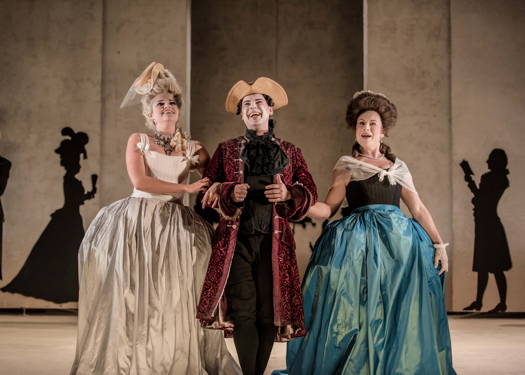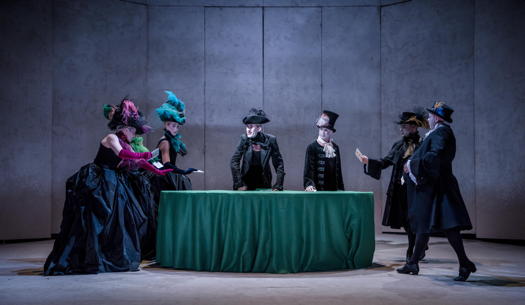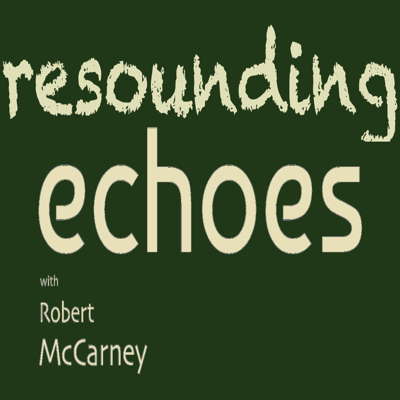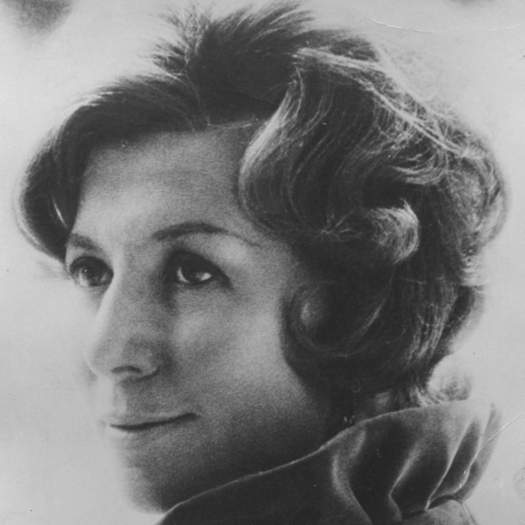 WORD SEARCH: Can you solve Allan Rae's classical music word search puzzles? We're currently publishing one per month.
WORD SEARCH: Can you solve Allan Rae's classical music word search puzzles? We're currently publishing one per month.
A Local Heroine/Antiheroine
MIKE WHEELER experiences
the pasticcio 'Georgiana'
at the Buxton Festival
A pasticcio was a kind of eighteenth-century jukebox musical, put together by cherry-picking arias from different operas, usually by different composers, and shoehorning them, with different words, into new narrative contexts. The Buxton Festival is celebrating its fortieth anniversary with a new one - Buxton Opera House, Buxton, UK, 7 July 2019 - based on the life of local heroine-cum-antiheroine Georgiana (pronounced 'Georgeaina') Cavendish (1757-1806). As Duchess of Devonshire, she lived in nearby Chatsworth House in, first, an awkward marriage to the Duke and, later, joined in an equally awkward ménage à trois by her friend (and probably more), Lady Bess Foster, who had been dumped by her own husband.
If you've seen the film The Duchess you'll have met Georgiana as style icon, high-society hostess and radical political activist. The show covers more or less the same ground, highlighting, in addition, her inveterate gambling, which the film glossed over. The show's conductor, Mark Tatlow, has put together a score drawing on music of the period, some of which Georgiana herself may have heard, by Thomas Linley jr, Mozart, Paisiello, Martín y Soler and Stephen Storace, some popular songs of the day, and a song attributed to Georgiana herself. The book, by Janet Plater, and lyrics, by Festival CEO Michael Williams, are full of local references and topical jokes, all of which landed for the first-night audience.
In dramatic terms the show nods in several operatic directions. Georgiana is stalked by the mephistophelian figure of The Blackmailer, who could be The Rake's Progress' Nick Shadow or Don Giovanni's Commendatore, as he calls to collect on her Faustian pact. Politician Charles Grey, with whom she embarks on a third relationship, is a mezzo trouser role; their Act II duet has echoes of both The Marriage of Figaro and Der Rosenkavalier. The scene of a political demonstration, with Georgiana trading kisses for votes, moves the show momentarily into Beggar's Opera territory - literally, since it uses one of the same popular tunes. (The Beggar's Opera is itself a pasticcio, of course.)
Director Matthew Richardson uses a minimum of visual information to maximum effect. Jon Morrell's set is a neutral semi-circular backdrop of rotating panels providing various entry and exit points. The cast begins in neutral black before getting into costume and character. Georgiana makes her climactic entrance in white, effortlessly commanding everyone's attention, Samantha Clarke continuing to radiate charisma whether buoyed up by success and popularity, or hitting emotional rock-bottom. She is complemented by the warmth and humanity of Susanna Fairbairn's Bess.

Samantha Clarke as Georgiana, Benjamin Hewlett as the Duke of Devonshire and Susanna Fairbairn as Bess in Georgiana at the Buxton Festival. Photo © 2019 Genevieve Girling
Ben Hulett's Duke is a picture of pent-up rage fuelled by his sense of entitlement. As Lady Spencer, Georgiana's mother, Olivia Ray is imperious, sympathetic and bewildered by her wayward daughter. Geoffrey Dolton and Aled Hall make a hilarious double-act as the gossiping playwright Richard Brinsley Sheridan and politician Charles Fox. Katherine Aitken's Grey is every bit as impetuous as her/his Mozartian and Straussian counterparts. Rhys Thomas is mesmerically creepy as The Blackmailer, Georgiana's tempter and nemesis.

Rhys Alun Thomas as The Blackmailer, Geoffrey Dolton as Sheridan, Benjamin Hewlett as the Duke of Devonshire and Aled Hall as Fox in Georgiana at the Buxton Festival. Photo © 2019 Genevieve Girling
The action is kept spinning along nicely, while allowing plenty of time for the moments of aching sadness to make their effect. The comedy of the Act I finale, as both Georgiana and Bess prepare to give birth - the Duke being the father in both cases - is picked up by the opening of Act II, with the servants (including male members of the cast in drag and false boobs) complaining about the extra workload. At the other expressive pole, Clarke is heartbreaking in her aria after being compelled to give up her child, and she and Fairbairn are powerfully moving in their final duet, as Bess comforts the dying Georgiana.
At the end, the show comes full-circle, with Bess preparing to take Georgiana's place, and the cast coming to the front of the stage in a Don Giovanni-like epilogue.
Georgiana gets pretty much everything right, flipping from knockabout, bawdy fun to heartache convincingly and with a complete absence of straining for effect. While obviously tailored for the local audience it deserves wider circulation.
Copyright © 19 July 2019
Mike Wheeler,
Derby UK





